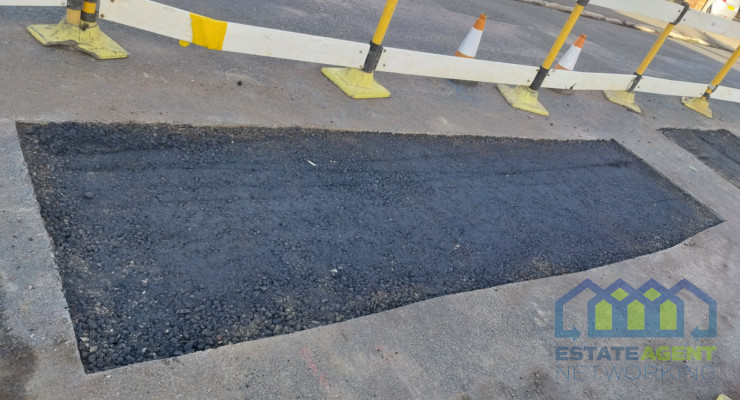What to expect when you’re exchanging!
As I know myself, finalising your property purchase can be a huge waiting game. You are at the final hurdle to clambering onto the property ladder and it can be a very stressful time.
We have compiled the final steps, to help ensure that your purchase runs smoothly.
Exchanging Contracts
“How do I exchange contracts on a house?” is a common question to be asked in the process of your property purchase. Exchanging contracts is not something you need to stress about. As a buyer there is not much you can do, except appoint a competent solicitor to make sure everything goes to plan.
This stage is usually managed by conveyancers or solicitors who will act on behalf of the seller and buyer respectively.
A contract will be written up and your solicitor will be able to ensure that the correct purchase price is agreed, that it is clear what is included in your purchase and whether there is anything excluded. These are things such as the size of the property, where your boundary lines are and whether certain furniture items are included. The contract will also include the date for when the sale will be completed and when the house will be yours!
Once the terms have been agreed, both sides of the deal will exchange contracts and legally bind themselves to go ahead with the sale. A completion date will be set and the new owner will be added to the Land Registry.
But remember, when the time comes to exchange contracts, the buyer must put down a deposit. This is often 10 per cent of the purchase price or more, so make sure you save up your pennies beforehand.
It is important to know that if you pull out of the sale after this stage, then you will have to forfeit your deposit and if the seller pulls out then you are entitled to sue them for compensation.
Who is responsible for the insurance between exchange and completion?
As a buyer you will almost definitely be accountable for the buildings insurance between exchange and completion. However, you should make sure that your contract states who has to arrange this.
This timeframe can be anything from a day, as per the law society standard conditions of sale (5th Edition), to a week or a couple of months. This all depends on whether the sellers are in a chain or how long it could take to build your property, if you were purchasing a new build.
It is critically important to get cover in place immediately after exchange as if you have any problems such as your house falling down (god forbid); then your sellers policy may well not cover you. Better safe than sorry I say!
Will the Exchanging of contracts take a long time?
As much as we’d like to say that you can exchange on the day, it doesn’t necessarily work like that. It can typically take between seven and 28 days between the exchange and completion.
If you’re looking for a speedy move, it is recommended that you get a solicitor or conveyancer instructed early on in the buying process. This may work in your favour as it demonstrates that you’re serious to the sellers. And don’t forget to get your property checked over with your local surveyor!
Is it too late to change my mind?
It is very difficult for a buyer if they want to back out of the sale once the contracts are signed, so it is important to think it through carefully before setting anything in stone. You’re legally bound to buy the property once these contracts are exchanged.
However, if you fail to complete, the seller may serve you a notice stating that you will not only have to complete with the property but you will have to pay for the seller’s additional legal costs, any damages for the delay and even interest on the unpaid purchase price. Now that’s something you may want to avoid!
If you still fail to complete with the property, then the seller can cancel the contract and keep your deposit altogether.
But don’t stress, if you’re really not happy with the property and you don’t want to move forward, you can apply for a return of part of the deposit. Particularly if the deposit exceeds 10%, you may be able to recover the excess unless the seller can show that it was completely justified.
What happens next?
It’s the big day!
By this time your solicitor will have finalised a completion date and all the legal paperwork will be done and dusted.
You will then be able to pick up the keys from the agents or direct from the seller and start your new adventure!
But not too fast, there are still a few fees to pay. There will be stamp duty to pay the taxman and this is based on the price of your property.
It starts at 2 per cent for transactions worth £125,000-£250,000, 5 per cent for £250,000-£925,000, 10 per cent for £925,000-£1.5million, and 12 per cent for anything above £1.5million.
Make sure you transfer those important bills, inform everyone who needs to know about your new address and move your stuff in!
It sounds like an undoable task, but there are many property professionals out there who are there to help. Your solicitor will be able to help you through all the property jargon and explain everything for you clearly, whilst your surveyor will help you understand your property’s condition. With all that assistance, there’s no need to not have fun with it!









